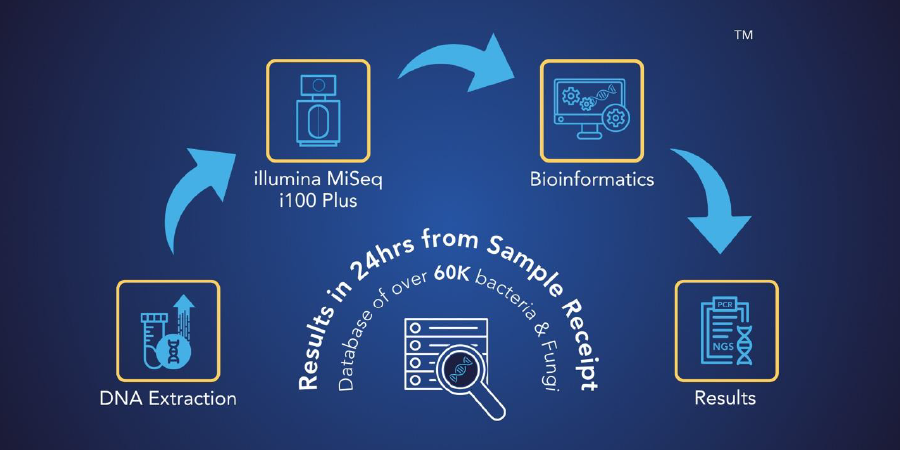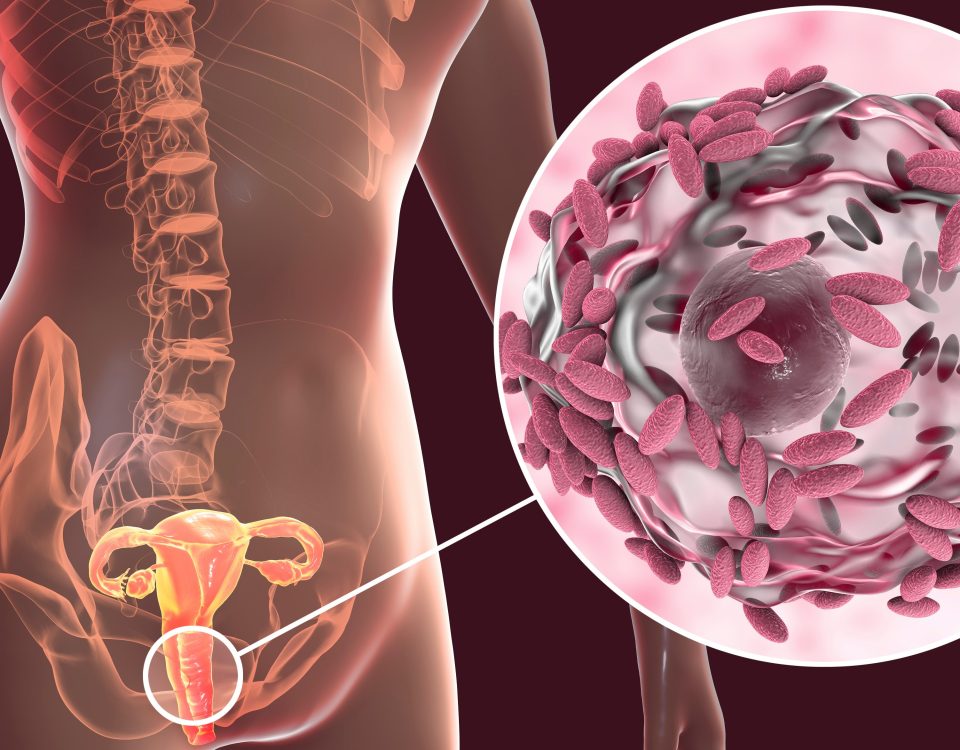In the world of medicine, antibiotic resistance is a growing concern that poses a serious threat to public health. Empiric antibiotic therapy, which involves selecting antibiotics based on clinical symptoms and local resistance patterns, has been the standard approach for treating infections. However, the rise of antibiotic-resistant pathogens demands a more precise and effective strategy. Next-Generation DNA Sequencing (NGS) is emerging as a game-changer in this regard, allowing medical professionals to tailor antibiotic therapy to the specific infectious agents detectable by DNA profiling. In this blog post, we will explore how NGS technology is revolutionizing the selection of first-line antibiotics.
Understanding Empiric Guidelines
Empiric antibiotic therapy involves making educated guesses on what antibiotic will provide the best outcome for a patient based on historical data as well as the clinical signs and symptoms when starting antibiotic treatment. These guidelines take into account the most likely pathogens causing an infection, general pharmacology on how well-suited an antibiotic is for a particular situation, and local resistance patterns to recommend the best possible initial antibiotic therapy. Empiric guidelines are incredibly useful tools and are informed by decades of research; however, they are not without limitations:
- One-size-fits-all: Empiric guidelines are designed to provide simple guidance that works for most patients, but not all infections are the same and some patients will inevitably always fall through the cracks. Each patient is exposed to unique colonizing microbial flora, accounting for at least some variability in the effectiveness of empirically chosen antibiotics.
- Antibiotic resistance: The increasing prevalence of antibiotic-resistant pathogens poses a significant challenge to empiric therapy and antibiotic resistance-associated genes can often be detected before ever giving antibiotics to a patient. Poorly targeted antibiotics inadvertently promote antibiotic resistance when broad-spectrum antibiotics are overused.
- Delayed treatment: In some cases, choosing the wrong empiric antibiotic can delay effective treatment, potentially worsening the patient’s condition and increasing healthcare costs.
NGS and Precision Medicine
NGS technology allows for the rapid and cost-effective profiling of all bacteria or fungi that can be found within a specimen or even sequencing of an organism’s entire genome for antimicrobial resistance tracking and surveillance. By obtaining comprehensive information from the infecting pathogens, healthcare providers gain invaluable insights into their characteristics and susceptibility to antibiotics. Here’s how NGS can enhance antibiotic selection:
- Personalized treatment: NGS can identify the precise identities of the pathogen(s) causing an infection. This information enables healthcare professionals to tailor antibiotic therapy to the detected microbial profile, enhancing treatment efficacy.
- Faster diagnosis: NGS provides quick and accurate results within 3-5 days, allowing for the prompt initiation of targeted therapy. On this timeline, microbial NGS can be readily incorporated into the decision-making process for determining antibiotic prophylaxis where pre-operative screening is done and in managing active infections, especially chronic infections unresolved by previous therapy attempts.
- Identification of rare or emerging pathogens: NGS can identify rare pathogens, which might be missed by conventional culture-based methods. Detecting the right pathogen as early as possible is crucial for timely diagnosis and treatment. Conventional methods are targeted to pathogens that are most common or simply those that grow best on selective culture media.
- Surveillance of antibiotic resistance: NGS can help healthcare systems monitor and track antibiotic resistance patterns, facilitating the development of evidence-based guidelines.
Case Study: Empiric Antibiotic Prophylaxis
A recent study published in the European Urology Open Science Journal sheds light on the critical issue discussed here. In the control arm of this study, patients undergoing kidney stone lithotripsy were assigned empiric prophylactic antibiotics when cultures failed to positively identify an organism. Of the 82 culture-negative patients included in the study, 7 (8.5%) went on to develop a post-op infection, a scenario that can lead to the severe complication of sepsis. The study itself served as a comparison between the standard of care, which employs empiric antibiotics, and NGS-guided antibiotic selection. Notably, those who were provided NGS-guided antibiotics experienced an 8.5% reduction in infections, resulting in an infection rate of 0%. This study underscores the significant impact of NGS in improving patient outcomes and highlights its potential in reducing post-operative infections in specific medical procedures.
MicroGenDX
MicroGenDX, a 13-year veteran in the field of qPCR+NGS solutions for infectious disease testing, has processed over 750,000 samples, positioning itself as a pivotal resource when conventional cultures and empiric antibiotics fall short. Their NGS laboratory, accredited by CAP and licensed by CLIA, maintains impeccable quality standards in diagnostic testing. What truly distinguishes MicroGenDX is their cutting-edge proprietary bioinformatics system and a carefully curated database, ensuring the precise detection of infectious diseases with extraordinary sensitivity and specificity. For those eager to harness the power of MicroGenDX’s advanced microbial testing platform and leverage the expertise of their dedicated team, visit their website at microgendx.com. With a swift 3-5 day turnaround time for results and affordability, offering patient testing at just $249, MicroGenDX is your precision medicine partner, providing a rapid and cost-effective solution for more accurate microbial diagnostics.
Conclusion
NGS technology is ushering in a new era of precision medicine, transforming the way we select first-line antibiotics. This approach not only enhances treatment efficacy but also aids in the fight against antibiotic resistance. While empiric guidelines have been essential in clinical practice, NGS is now providing healthcare professionals with the tools to make more informed, personalized treatment decisions. As we embrace these innovations, we take a significant step towards preserving the effectiveness of antibiotics and ensuring better patient outcomes in the face of an evolving microbial landscape.


